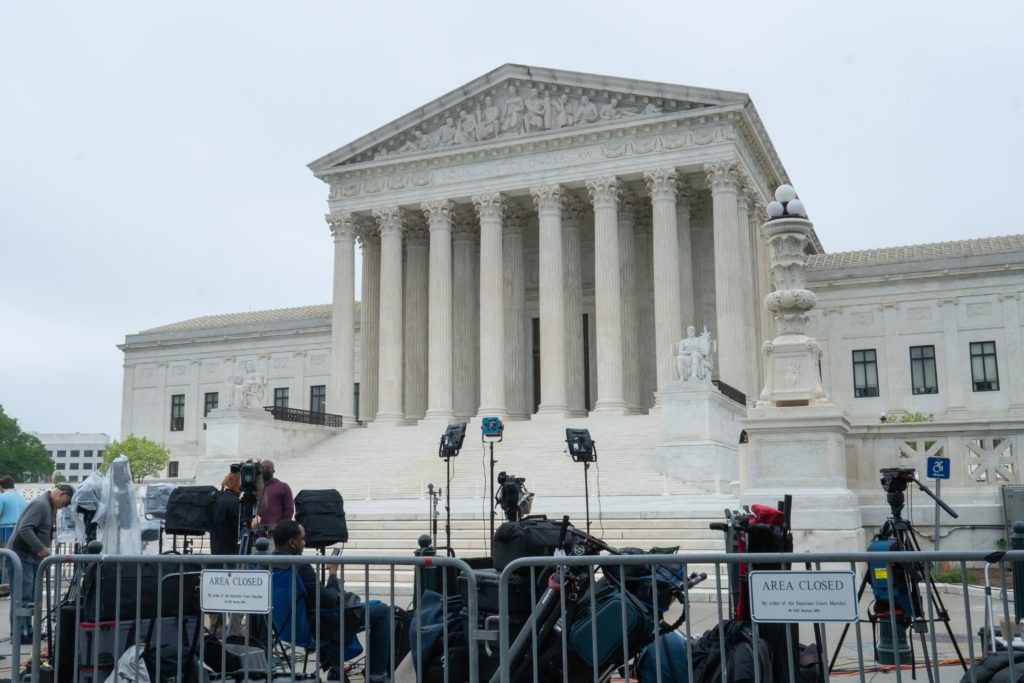
Published May 5, 2022
It would be ironic if whoever leaked the draft opinion in Dobbs v. Jackson Women’s Health Organization did it in a desperate effort to prod the Supreme Court to uphold Roe v. Wade and Planned Parenthood v. Casey. Because this breach is one of the starkest examples yet of why the question of abortion law and policy must be restored to our political branches.
The sad reality is that, ever since the court took the matter of abortion out of state legislatures’ hands and vested it with nine unelected judges, Roe has poisoned our politics, our institutions and our civic discourse. The issue of abortion has fueled partisan polarization and sabotaged progress on a host of other important social goals — like when the Center for Medicare and Medicaid Services withheld funding from Indiana’s poor when the state refused to let the money flow to clinics that perform abortions.
Perhaps the greatest damage has been to the court itself. Nomination battles hinge almost entirely on this one area of the law, with the confirmation process descending to ever more depressing levels of incivility.
Now comes the leak, which has destroyed, perhaps irrevocably, the trust essential to the court’s functioning. What was in the draft opinion and the court’s behavior that warranted this breathtaking violation of long-standing confidentiality norms? Was it evidence of criminality, lying or corruption? Had the court overstepped its constitutionally authorized powers? Not at all. It was merely a draft opinion, reportedly supported by five justices at the time of Politico’s publication of it, that reversed Roe v. Wade and Planned Parenthood v. Casey, grounded in familiar arguments well within the mainstream of American jurisprudence.
Click here to read the rest of this piece at the Washington Post‘s website.
O. Carter Snead is a fellow at the Ethics and Public Policy Center, a law professor at the University of Notre Dame and author of “What It Means to Be Human: The Case for the Body in Public Bioethics.”
Carter Snead, a Fellow at the Ethics and Public Policy Center, is an internationally recognized expert in the field of law and bioethics. His research explores issues relating to neuroethics, enhancement, human embryo research, assisted reproduction, abortion, and end-of-life decision-making.












